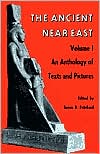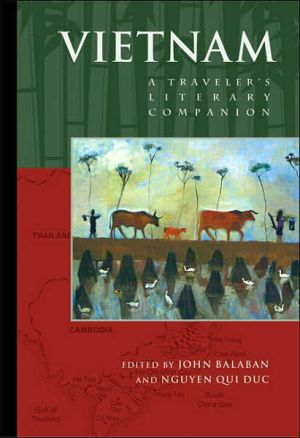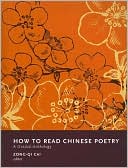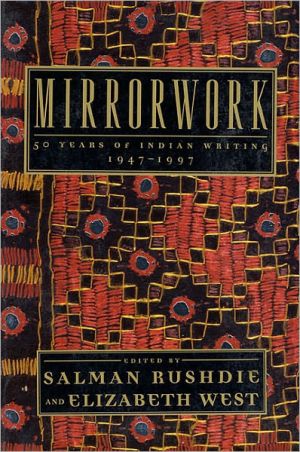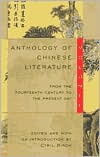The Language of the Gods in the World of Men: Sanskrit, Culture, and Power in Premodern India
In this work of impressive scholarship, Sheldon Pollock explores the remarkable rise and fall of Sanskrit,\ India's ancient language, as a vehicle of poetry and polity. He traces the two great moments of its transformation: the first around the beginning of the Common Era, when Sanskrit, long a sacred language, was reinvented as a code for literary and political expression, the start of an amazing career that saw Sanskrit literary culture spread from Afghanistan to Java. The second moment...
Search in google:
"The scholarship exhibited here is not only superior; it is in many ways staggering. The author's control of an astonishing range of primary and secondary texts from many languages, eras, and disciplines is awe-inspiring. This is a learned, original, and important work."—Robert Goldman, Sanskrit and India Studies, University of California, Berkeley
List of Maps Preface and Acknowledgments Introduction Culture, Power, (Pre)modernity The Cosmopolitan in Theory and Practice The Vernacular in Theory and Practice Theory, Metatheory, Practice, MetapracticePART 1. THE SANSKRIT COSMOPOLIS Chapter 1. The Language of the Gods Enters the World1.1 Precosmopolitan Sanskrit: Monopolization and Ritualization1.2 From Resistance to Appropriation1.3. Expanding the Prestige Economy of Sanskrit Chapter 2. Literature and the Cosmopolitan Language of Literature2.1. From Liturgy to Literature2.2. Literary Language as a Closed Set2.3. The Final Theory of Literary Language: Bhoja's Poetics Chapter 3. The World Conquest and Regime of the Cosmopolitan Style3.1. Inscribing Political Will in Sanskrit3.2. The Semantics of Inscriptional Discourse: The Poetics of Power, Malava, 11413.3. The Pragmatics of Inscriptional Discourse: Making History, Kalyana, 1008 Chapter 4. Sanskrit Culture as Courtly Practice4.1. Grammatical and Political Correctness: The Politics of Grammar4.2. Grammatical and Political Correctness: Grammar Envy4.3. Literature and Kingly Virtuosity Chapter 5. The Map of Sanskrit Knowledge and the Discourse on the Ways of Literature5.1. The Geocultural Matrix of Sanskrit Knowledge5.2. Poetry Man, Poetics Woman, and the Birth-Space of Literature5.3. The Ways of Literature: Tradition, Method, and Stylistic Regions Chapter 6. Political Formations and Cultural Ethos6.1. Production and Reproduction of Epic Space6.2. Power and Culture in a Cosmos Chapter 7. A European Countercosmopolis7.1. Latinitas7.2. Imperium RomanumPART 2. THE VERNACULAR MILLENIUM Chapter 8. Beginnings, Textualization, Superposition8.1. Literary Newness Enters the World8.2. From Language to Text8.3. There Is No Parthenogenesis in Culture Chapter 9. Creating a Regional World: The Case of Kannada9.1. Vernacularization and Political Inscription9.2. The Way of the King of Poets and the Places of Poetry9.3. Localizing the Universal Political: Pampa Bharatam9.4. A New Philology: From Norm-Bound Practice to Practice-Bound Norm Chapter 10. Vernacular Poetries and Polities in Southern Asia10.1. The Cosmopolitan Vernacularization of South and Southeast Asia10.2. Region and Reason10.3. Vernacular Polities10.4. Religion and Vernacularization Chapter 11. Europe Vernacularized11.1. Literacy and Literature11.2. Vernacular Anxiety11.3. A New Cultural Politics Chapter 12. Comparative and Connective Vernacularization12.1. European Particularism and Indian Difference12.2. A Hard History of the Vernacular MillenniumPART 3. THEORY AND PRACTICE OF CULTURE AND POWER Chapter 13. Actually Existing Theory and Its Discontents13.1. Natural Histories of Culture-Power13.2. Primordialism, Linguism, Ethnicity, and Other Unwarranted Generalizations13.3. Legitimation, Ideology, and Related Functionalisms Chapter 14. Indigenism and Other Culture-Power Concepts of Modernity14.1. Civilizationalism, or Indigenism with Too Little History14.2. Nationalism, or Indigenism with Too Much History Epilogue. From Cosmopolitan-or-Vernacular to Cosmopolitan-and-VernacularAppendix A A.1 Bhoja's Theory of Literary Language (from the Srngaraprakasa)A. 2 Bhoja's Theory of Ornamentation (from the Sarasvatikanthabharana)A.3 Sripala's Bilpank Prasasti of King Jayasimha Siddharaja A.4 The Origins of Hemacandra's Grammar (from Prabhacandra's Prabhavakacarita) A.5 The Invention of Kavya (from Rjaekhara's Kavyamimamsa)Appendix B B.1 Approximate Dates of Principal Dynasties B.2 Names of Important Peoples and Places with Their Approximate Modern Equivalents or Locations Publication History Bibliography Index

